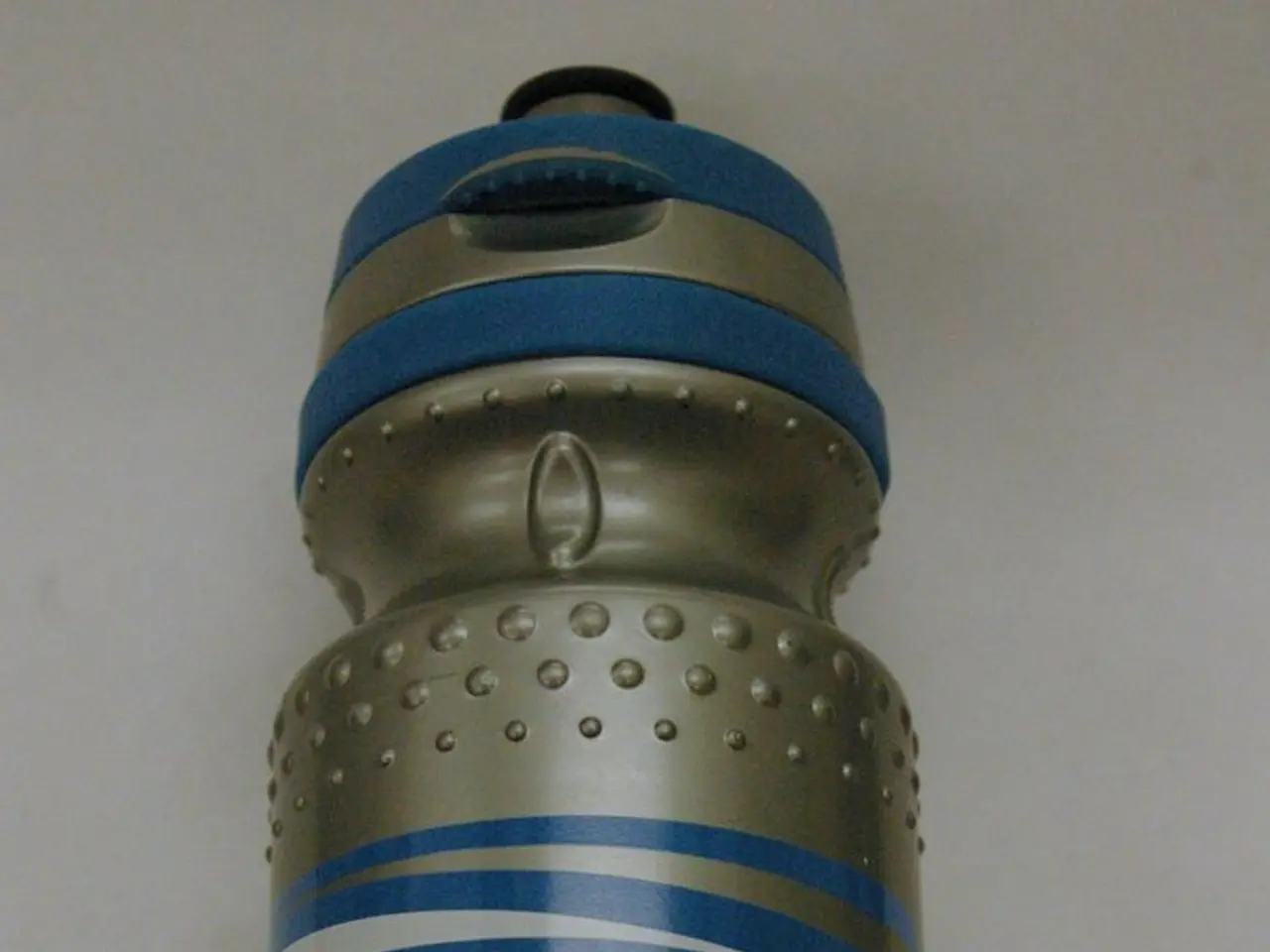Restored Brain Function and Behavior in Autism through Lithium Treatment
In a groundbreaking study, researchers have discovered that lithium, a drug used for treating bipolar disorder since the 1950s, may hold promise in improving behavioral symptoms and restoring brain function in a particular genetic form of autism.
The path to this discovery was challenging, with one of the biggest obstacles being the generation of viable mice with complete Dyrk1a deficiency, a gene linked to several neurodevelopmental conditions, including autism. However, through a technical breakthrough, the team managed to produce live animals with the mutation, albeit with a survival rate below 5%.
Mice with Dyrk1a mutations displayed symptoms similar to human patients, including reduced brain size, social interaction deficits, heightened anxiety behaviors, structural changes in neuron connections, and altered signaling patterns in the brain. When lithium was administered to these juvenile mice, it normalized brain volume, restored proper structure of excitatory neurons, improved communication between brain cells, reduced anxiety behaviors, and enhanced social interaction capabilities.
The lithium treatment's effectiveness is attributed to its action on a brain protein called Kalirin-7, which plays a vital role in synaptic function. Lithium's therapeutic effects involved restoring balance to disrupted signaling networks in the brain.
While the current findings are limited and not well established in the existing literature, they offer a new hope for families affected by autism, particularly those with known Dyrk1a mutations. The research opens several important avenues for future research, including testing lithium in other genetic forms of autism, determining optimal treatment timing and dosage, investigating other medications with similar effects, and exploring combination approaches.
It is important to note that no current clinical or experimental evidence supports lithium for restoring brain function or improving behavioral symptoms in autism spectrum disorder. The available research on lithium in neuropsychiatric disorders emphasizes caution due to its narrow therapeutic window and potential toxicity.
The study highlights the significance of genetic testing in autism diagnosis and treatment planning, as well as the potential value of "drug repurposing"-finding new uses for existing medications like lithium. As we identify more specific genetic subtypes of autism, treatments can potentially be tailored to address the particular biological mechanisms disrupted in each individual.
The improvements observed in the study persisted into adulthood, suggesting that proper timing could provide lasting improvement. Moreover, many genetic pathways implicated in autism converge on similar cellular and molecular mechanisms, suggesting that discoveries in one genetic subtype might inform approaches to others.
In conclusion, while lithium is not considered a recognized or validated treatment for autism spectrum disorder at this time, this study offers a promising new direction for research and potential treatment options in the future.
This groundbreaking study has hinted at potential therapies-and-treatments for neurological-disorders like autism through the use of lithium, a drug previously used for medical-conditions such as bipolar disorder. The researchers, who faced challenges in generating viable mice with Dyrk1a deficiency, found that lithium could normalize brain volume, restore proper structure of excitatory neurons, improve communication between brain cells, reduce anxiety behaviors, and enhance social interaction capabilities in these mice, all of which are related to health-and-wellness.




